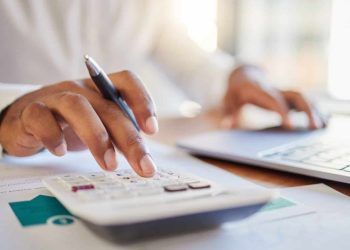The COVID-19 pandemic has made a number of us redundant. Jobs lost, salaries slashed, livelihoods upheaved. There’s a light at the end of the tunnel for many. However, that doesn’t mean one cannot make some little extra cash on the side. The pandemic has affected people’s lives worldwide, not just in South Africa. So what can one do to bring in a few extra bucks ? Ever heard of forex trading ? Binary options perhaps ? It’s almost the same thing. Some regard it as a scam, but how can you even think of it that when you haven’t even tried it ?
The first thing you need to do is open a broker’s account. A broker is, in simple terms, the company that will buy and sell an asset on behalf of others. The good news is that you can open a ZAR trading account with an international broker with ease. Most people in South Africa aren’t accustomed with using the US dollar for their daily transactions, so it makes sense for everything to be in Rand.
Once you have opened your account, it’s time to learn the ropes of trading. One can trade stocks, CFD’s (contract for difference), commodities, currency pairs, and binary options. Don’t worry, you can get a demo forex trading account for you to practice on for as long as you see fit, before diving into it with real money. If you deplete your funds (demo) you can have it replenished with a click of a button. Forex and binary trading carries a lot of risk, and it’s of paramount importance that one learns not to let emotions get in the way. An example of such is when you win a couple of times, and you decide to try and win some more. During the process of retrying, you lose, and continue to do so until you wipe out your entire balance. This is when people start saying it’s a scam. This cannot be further from the truth. Trading requires a lot of self-discipline. Those who have enriched themselves from trading know this all too well, as without it you are doomed for disappointment and failure. They know when to enter a trade, when to exit, and when to stop altogether.
How do you know when to actually enter a trade though ? This is when the use of indicators comes into play. Indicators serve as tools that alert you when to enter the trade, and also when to exit (in the case of forex, not binary). There are different ones for different assets. For example, the ATR (Average True Range) is used to measure the volatility of commodities like platinum and silver. You also have the CCI (Commodity Channel Index), which as the name suggests, is for commodities. Some traders also use it for stocks and CFD’s. Depending on what you are trading, there is an indicator that is suited for that (trade). There are over 100 of them for you to choose from.
Forex trading is here to stay. So long as there are currencies, cryptocurrencies, stocks, and commodities, trading will remain. It shall continue to thrive, and you can always grab your piece of the pie.


























Discussion about this post